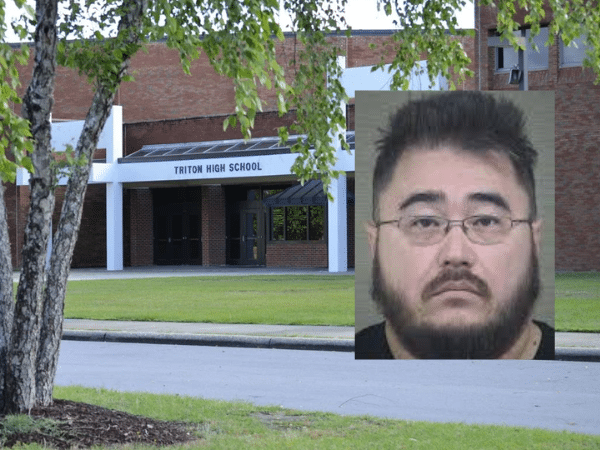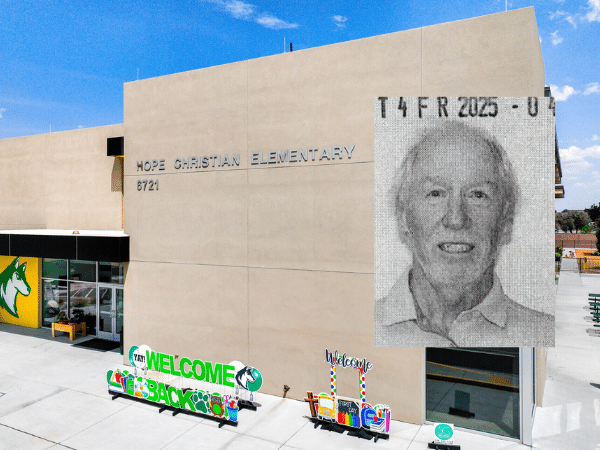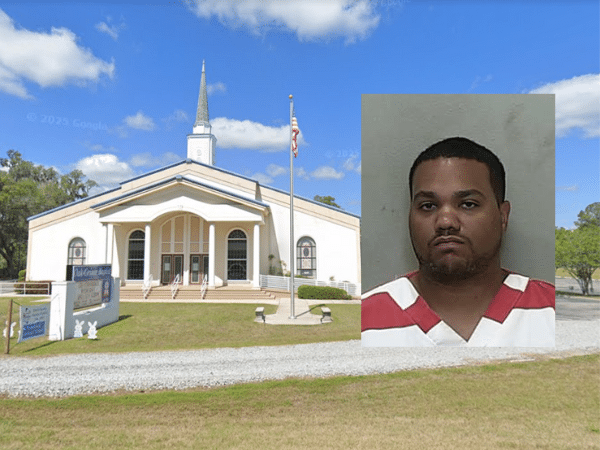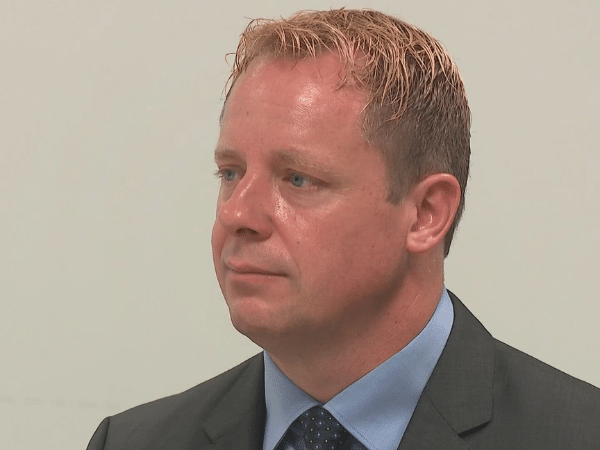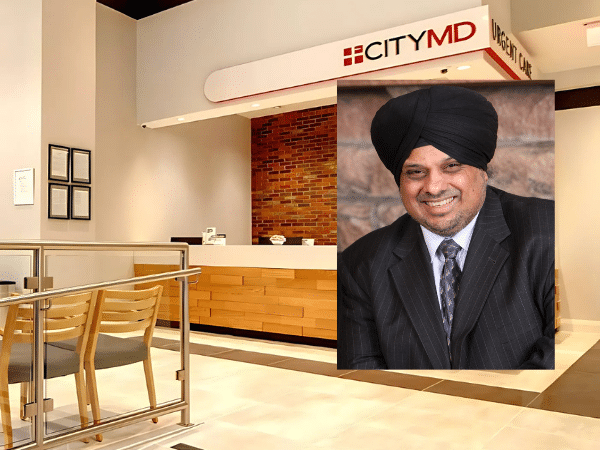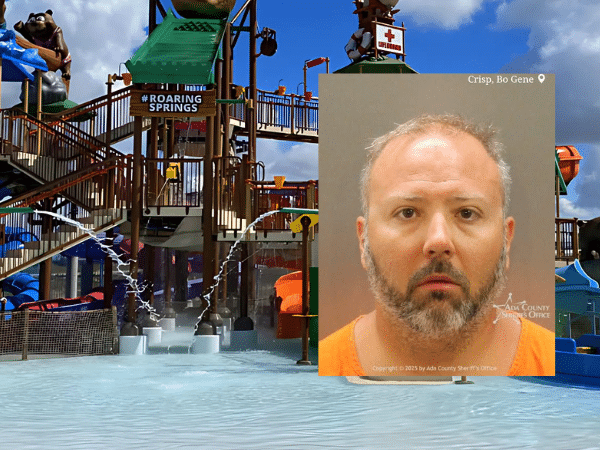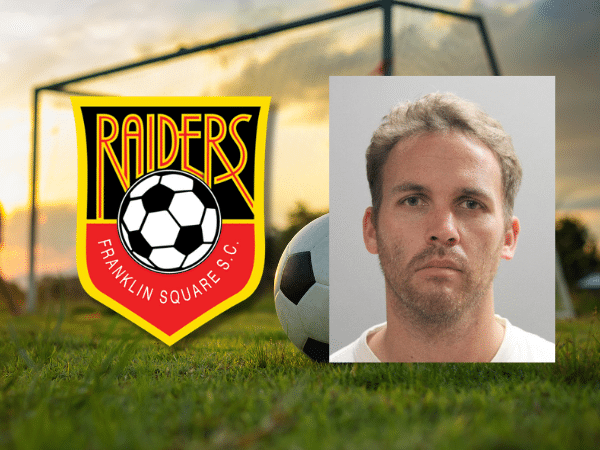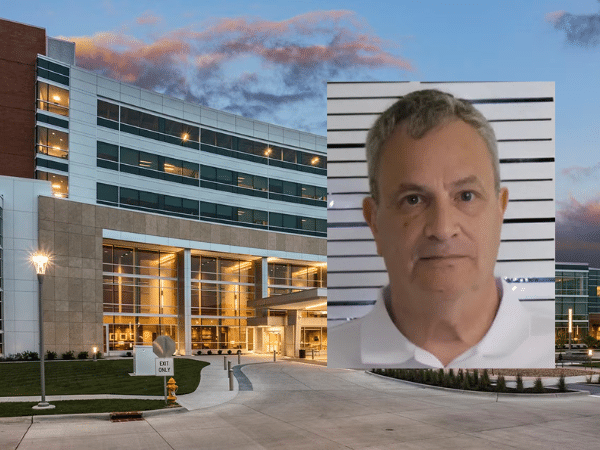ANDREOZZI + FOOTE
CHILD SEXUAL ABUSE
Home » Practice Areas » Child Sexual Abuse
Reviewed by:
Benjamin D. Andreozzi, Esq.
- Last Updated: June 5, 2025
Child abuse is one of the most difficult topics for anyone to confront.
Abuse takes many forms and is far more widespread than any of us would care to imagine.
However, by bringing the issue out into the open and holding perpetrators accountable, victims can seek a measure of justice for past crimes and help prevent other children from becoming victims of abuse.
The child abuse lawyers at Andreozzi & Foote can help you take the steps towards justice.
We are committed to helping you move on with your life if you have been a victim of abuse, starting with a free confidential consultation.
What Is Considered Child Abuse?
We all have a social duty to report child abuse if we are aware of it.
More cases of child abuse might reach the courts if people were more aware of what constitutes child abuse – and what the typical signs are.
Child abuse can take multiple forms:
- Causing mental or emotional injury or failing to protect a child from situations that cause it.
- Physical injury, the threat of physical injury or the failure to take steps to prevent another person from harming a child.
- Sexual abuse or the failure to make a reasonable effort to prevent it.
- Allowing a child to be photographed in an obscene manner.
- Using a controlled-substance to physically, mentally or emotionally harm a child or causing/allowing substance abuse by a child.
- Causing or allowing child trafficking.
The most common examples of child abuse are explored in a little more detail in the section below.
Is Child Neglect Regarded As Abuse?
Child neglect can fall under the broad umbrella of “child abuse”. This is where a child is left in a situation where:
- He or she is exposed to a substantial risk of physical or mental harm
- He or she requires judgment or actions beyond a child’s maturity or physical capabilities, and injury or risk of harm results
- Adequate medical care is not sought
- Necessary food, shelter or clothing is not provided
- There is a substantial risk of being exposed to sexual misconduct
- They are not removed from a situation where another child is being abused
What Are The Four Most Common Types Of Child Abuse?
Let us focus on the four main types of child abuse in the U.S: physical abuse, mental or emotional abuse, sexual abuse, and neglect.
Physical Abuse
This form of child abuse is the non-accidental infliction of physical injury to a child. Note that it does not need to be intentional to be classed as abuse.
Tell-tale signs include:
- Bruises
- Lesions
- Welts
- Fractures
- Bites
- Black eyes
- Other noticeable marks on the body
- Fear of going home
- Fear of other adults
Physical (and mental) injury can result from hitting with the hand or with an implement, shaking, kicking, choking, burning and so on.
Sexual Child Abuse
This is any sexual behavior with – or sexual exploitation of – a child.
Because a child cannot legally give consent to sexual activity, no sexual exploitation of a child can be considered the child’s fault.
There are three main types of child sexual abuse:
- Rape (this includes any vaginal or anal intercourse with a child)
- Molestation (genital contact or fondling)
- Distribution, production or possession of child pornography
As hard as it may be to stomach, 90 percent of sexual abuse cases are perpetrated by a family member or someone the child knows. This can be within the biological family, stepfamilies, or adopted families.
Other cases may involve friends, childcare professionals, teachers, clergy, sports coaches, etc.
Neglect
Neglect is child abuse through omission: NOT providing for a child’s basic needs or NOT doing something to protect against significant harm or risk.
Neglect is generally classified in several forms:
- Physical neglect: Failure to provide food, clothing, supervision, a safe and clean home, etc.
- Medical neglect: Failure to provide the necessary medical or dental care for a child.
- Educational neglect: Failure to enroll a school-age child in school or failing to encourage attendance at school.
- Emotional neglect: Failure to provide emotional support, love, and affection to a child.
Emotional Abuse
Abuse Watch defines “emotional abuses” as “any attitude, behavior, or failure to act that interferes with a child’s mental health or social development.”
Some typical examples include:
- Frequent belittling, ridiculing, blaming or scapegoating
- Bullying or threatening violence
- Ignoring, isolating, confining, and restricting social interactions
- Exploiting or corrupting
Emotional abuse rarely occurs in isolation and, most commonly, is accompanied by other forms of child abuse. It can have long-lasting effects on the child’s psychological development.
What Are Some Of The Long-Term Effects Of Child Sexual Abuse?
Victims of child sexual abuse often take the emotional scars of their ordeal into adult life, long after the physical signs of abuse are gone.
The pain and trauma of the experience can leave a lifelong mark and result in psychological damage that some never completely recover from, even with years of treatment.
What Are Long-Term Symptoms Of Child Abuse?
Long-term symptoms suffered by survivors of child sexual abuse include:
- Depression
- Anxiety
- Eating disorders
- Personality disorders
- Post-traumatic stress disorder
- Relationship and intimacy issues
- Sleep disorders
As well as these psychological symptoms, a variety of physical symptoms may accompany victims into their adult life, including:
- Reproductive health problems
- Gastrointestinal health problems
- Pain
- Cardiopulmonary symptoms
- Obesity
Victims of child abuse are more likely to suffer from ill-health in adult life, according to studies.
Do You Have A Duty To Report Child Abuse?
Depending on the state where you live, you may have a legal obligation to report child abuse within a certain timeframe if you have reason to believe that it has occurred.
This may apply if you’re a professional licensed by the state, such as a doctor, nurse, teacher, day-care employee, or youth organization leader, in states such as Texas.
Could You Be Liable If You File A Child Abuse Report That Turns Out To Be False?
Knowingly making a false report that accuses someone of child abuse is a criminal offence.
You could be held liable and face jail time, as well as a civil penalty (fines, etc.) You will also have to pay the legal fees of the person you accused if you are convicted.
However, if you act in good faith with a child abuse report, you will be immune from civil and criminal liability for:
- Reporting a case of alleged child abuse or neglect, and
- Testifying in a judicial proceeding arising from a report of child abuse or neglect
What Happens If You Fail To Report Child Abuse?
In some states, failure to report child victim abuse or neglect is a Class A misdemeanor offense or even a felony, depending on the circumstances and location.
Given the serious nature of child abuse and the extreme consequences that victims suffer, it is important to hold perpetrators and the institutions that harbored their criminal behavior responsible.
Start the process with a free and confidential consultation with one of the child abuse lawyers at Andreozzi & Foote.
Rest assured that we will treat all information provided with the strictest confidentiality, including your identity.
CONTACT US TODAY
Free In-Depth,
Confidential Consultation
Empowering Survivors and Delivering Justice Nationwide
We understand the courage it takes to reach out for help, and we are here to listen. At Andreozzi + Foote, our trauma-informed attorneys are dedicated to providing compassionate, confidential support every step of the way. With extensive experience in advocating for survivors of sexual abuse, we are committed to creating a safe and supportive environment where your voice is heard and your rights are fiercely protected. Contact us today for a free, in-depth consultation and take the first step toward justice.


